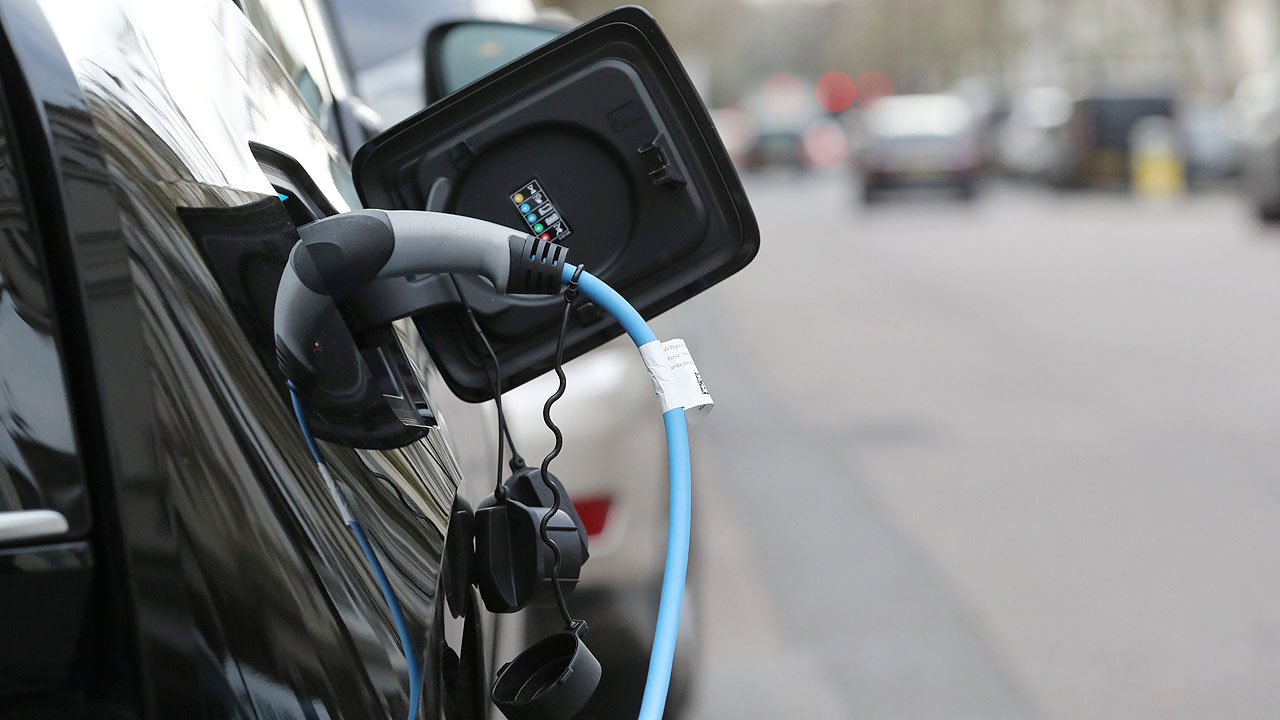Electric vehicle bill sets parking quotas, charging station mandate

LEGISLATORS approved on third reading late Monday a House bill promoting the adoption of electric vehicles (EVs) and laying out how they are to be regulated, setting parking quotas and providing incentives for setting up charging stations.
With a vote of 195-0 with 0 abstentions, the chamber approved House Bill 10213 or the proposed Electric Vehicle Industry Development Act.
The bill will require establishments with 20 or more designated parking slots to dedicate 5% of their space for the use of EVs and provide charging points.
The law, if passed, also establishes tax incentives for EV manufacturers, entities maintaining charging stations, and research and development centers.
Electric vehicles, charging stations, and materials for their assembly will also be exempt from customs duties and value-added tax for five years from the effectivity of the proposed law.
The bill will establish an Electric Vehicles Advisory Board composed of officials from various government agencies, including the Department of Energy and Department of Transportation, to formulate policy encouraging the development and commercialization of EVs.
The Comprehensive Roadmap on Electric Vehicles (CREV) will become the national plan to help boost the electric vehicle industry. The CREV will be integrated with the Philippine Energy Plan and the National Transport Policy.
The measure was approved by five House committees on Sept. 14 and passed on second reading Sept. 23.
The Senate approved its counterpart measure, Senate Bill 1382, on May 31.
The Department of Energy has endorsed a P2.5-billion investment project to bring in 20,000 imported vehicles and is targeting the establishment of up to 5,000 electric vehicle charging stations within five years.
Philippine Institute for Development Studies Supervising Research Specialist Maureen D. Rosellon said in July that shortcomings in electric vehicle charging infrastructure and manufacturing technology have left the Philippines behind in the regional competition for trade and investment. — Russell Louis C. Ku



